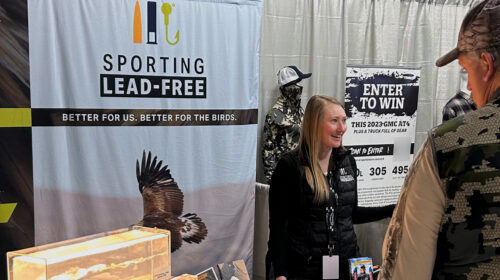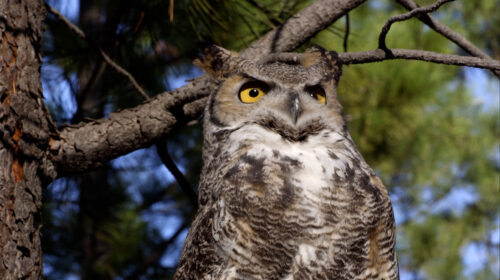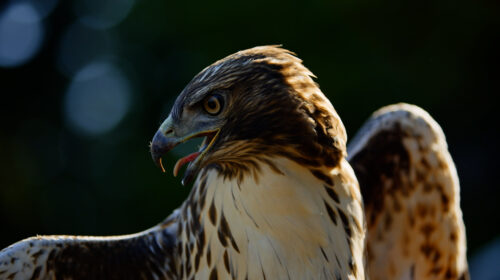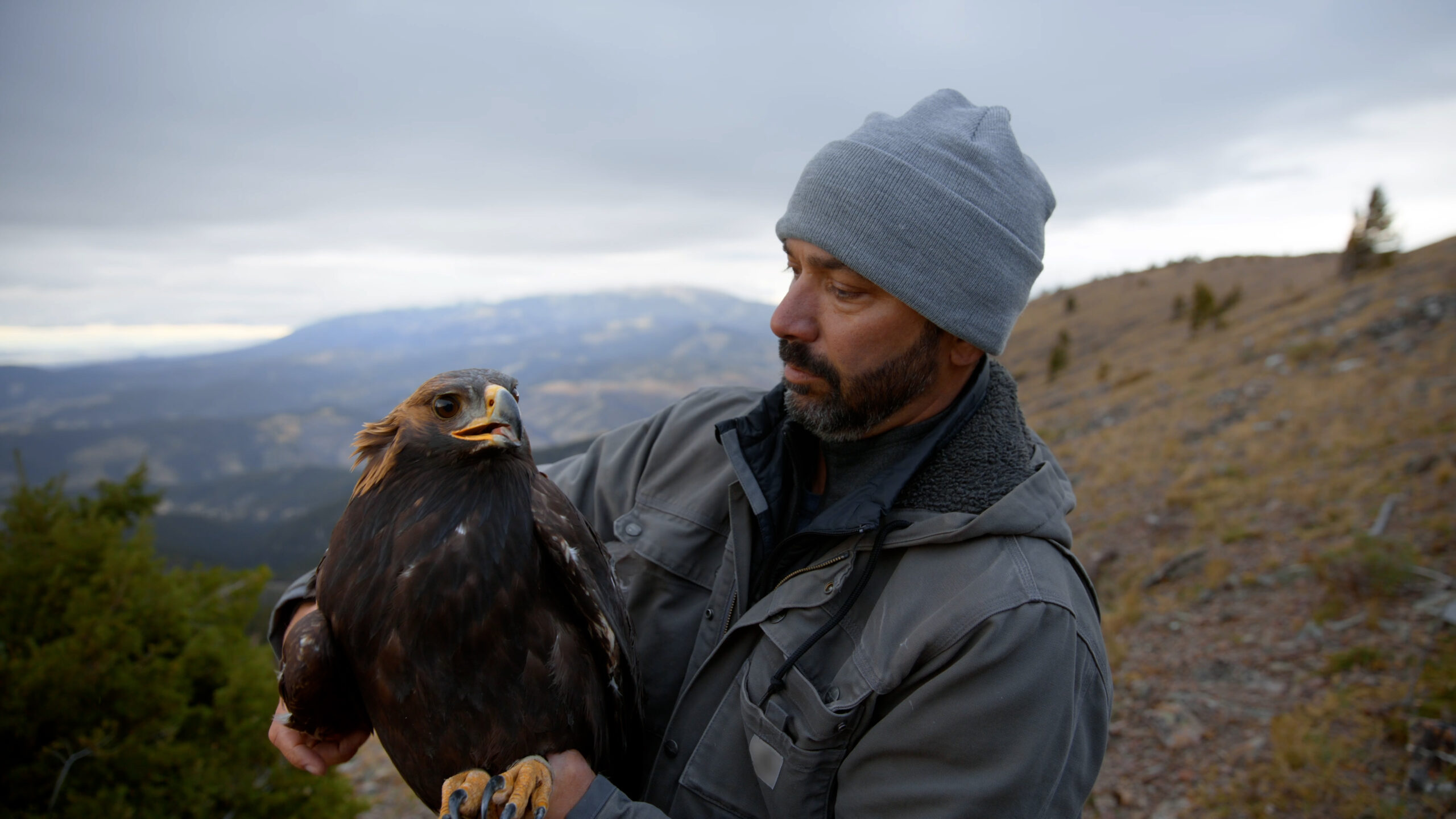Golden eagles, bald eagles, and other North American raptors have made a remarkable comeback since the chemical pesticide DDT was banned in the United States in 1972. But they still face challenges to a full recovery.
Learn more about golden eagles, and how you can support efforts to combat the threats they face.
Support the Switch to Non-Lead Ammunition
Are you a hunter, or know someone who is? The transition to go lead-free is a real, direct step to preserve raptors like eagles and vultures, and groups like Sporting Lead Free have resources to make that transition as easy and effective as possible. Their step-by-step guide includes a detailed look at the transition to lead-free ammunition, including resources about finding affordable copper bullets.
Learn more and make the change by visiting Sporting Lead Free.
Illustration of a no-bg-image

Steer Clear of Harmful Rat Poisons
Eagles and other raptors are both predators and scavengers, so they’re especially vulnerable to any pollutants in the food web. This includes rat poisons — especially a variety known as anticoagulant rodenticides. In a 2021 study, researchers found this rat poison in 82% of dead bald and golden eagles tested for the chemical. While rat poisons don’t always kill eagles, they can weaken them and make them more vulnerable to other threats.
To help eagles avoid this fate, don’t use rat poison. Instead, try these rodent prevention techniques recommended by the NYC Bird Alliance.
Illustration of a no-bg-image

Learn More About Golden Eagles and their Recovery
Golden eagles are beautiful birds that favor wide open habitats. And while their numbers have rebounded since the pesticide DDT was banned, they still face challenges hindering their recovery, like poisoning, habitat loss, and collisions with power lines. Luckily, conservation organizations are working to protect these majestic raptors!
Learn more about golden eagle conservation by visiting the websites of Audubon and American Bird Conservancy.
Illustration of a no-bg-image

